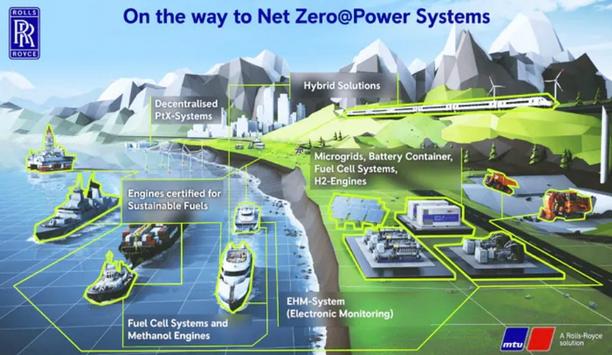Alfa Laval has completed the acquisition of UK-based NRG Marine, a globally renowned provider of ultrasonic anti-fouling technology for marine, oil-and-gas and industrial applications.
This strategic move strengthens Alfa Laval’s capabilities toward enhancing energy efficiency and operational performance, while reducing costs and extending asset lifespan.
Expanding footprint
CII improvement and evolving regulations are accelerating the shift toward future-proof, eco-friendly innovations
Rising energy costs, CII improvement and evolving regulations are accelerating the shift toward future-proof, eco-friendly innovations that optimise operations, support decarbonisation and reduce environmental impact.
Ultrasonic anti-fouling technology is one such immediate opportunity for industries to improve their operations sustainably. This move strengthens Alfa Laval’s position as a provider of next-generation solutions for multiple sectors.
With the addition of ultrasonic anti-fouling technology, Alfa Laval will enable its customers to benefit from solutions that prevent organic matter buildup on the surface of critical assets in a sustainable way, thereby increasing equipment efficiency.
Operational excellence
"This acquisition is a strategic step towards offering solutions that enhance operational efficiency and minimise environmental footprint, supporting industry’s net-zero objectives,” says Sameer Kalra, President, Marine Division, Alfa Laval.
He adds, “By integrating ultrasonic anti-fouling technology into our portfolio, we aim to expand its reach and impact, empowering customers across marine, oil and gas, and industrial sectors with greater energy optimisation and performance improvements.”
Enhancing efficiency
NRG Marine, recognised for its Sonihull and Agitate brands, prevents organic deposit buildup by using imploding microscopic bubbles to create surface agitation, passively cleaning surfaces and preventing biofouling of critical components.
Installing the system improves the equipment's performance and lifespan, reduces system downtime
Installing the system improves the equipment's performance and lifespan, reduces system downtime, and lowers maintenance and cleaning costs. The system’s low cost compared to the value gained from reduced fouling and improved maintenance cycles offers attractive returns on investment for all sectors.
In addition to the operational benefits, anti-fouling systems play an important role in reducing fuel consumption and improving vessel CII in the maritime industry. They also mitigate the risk of spreading invasive species, further supporting sustainability efforts and other environmental metrics.
Green technology solution
The system provides reliable, low-maintenance biofouling prevention, critical for enhancing uptime and minimising operational risks in industrial operations. It ensures the uninterrupted cleanliness of internal pipes and valves, keeping operations running smoothly without downtime.
In the oil and gas sector, this system prevents biofouling on stationary surfaces. Being ATEX-approved, it complies with required safety standards, ensuring reliability and safety. The ultrasonic anti-fouling technology offers a chemical-free, energy-efficient alternative to traditional anti-fouling approaches, making it a sustainable choice for businesses looking to protect the environment with green technology.
Other key acquisitions driving efficiency
In recent years, Alfa Laval has strategically expanded its portfolio through key acquisitions to meet market demands for energy efficiency and decarbonisation with high-impact solutions.
The recent acquisitions include StormGeo, a pioneer in weather intelligence and advanced data science solutions; Scanjet, an expert in tank management solutions; and Marine Performance Systems, a company specialising in fluidic air lubrication systems, now selling Alfa Laval systems under the name OceanGlide.
Strategic partnerships
Additionally, Alfa Laval has strengthened its market position through collaborations such as Oceanbird, a joint partnership between Alfa Laval and Wallenius, to advance wind-assisted propulsion technology for a more sustainable future.



